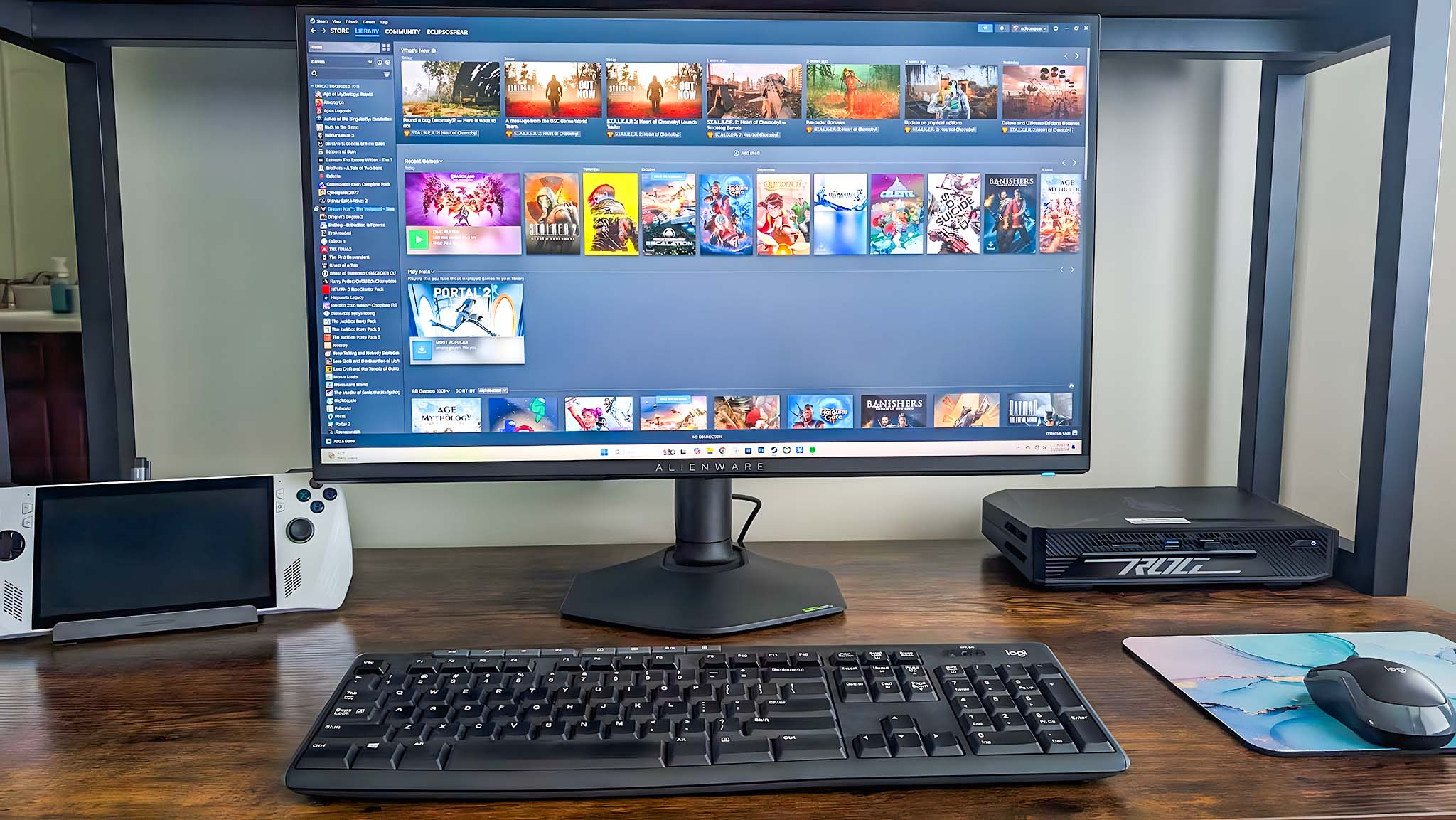Microsoft needs to clarify Windows Mixed Reality's purpose if it's going to succeed
What will it take for Windows Mixed Reality to be a hit? Here are some thoughts about where we are and where we need to be.
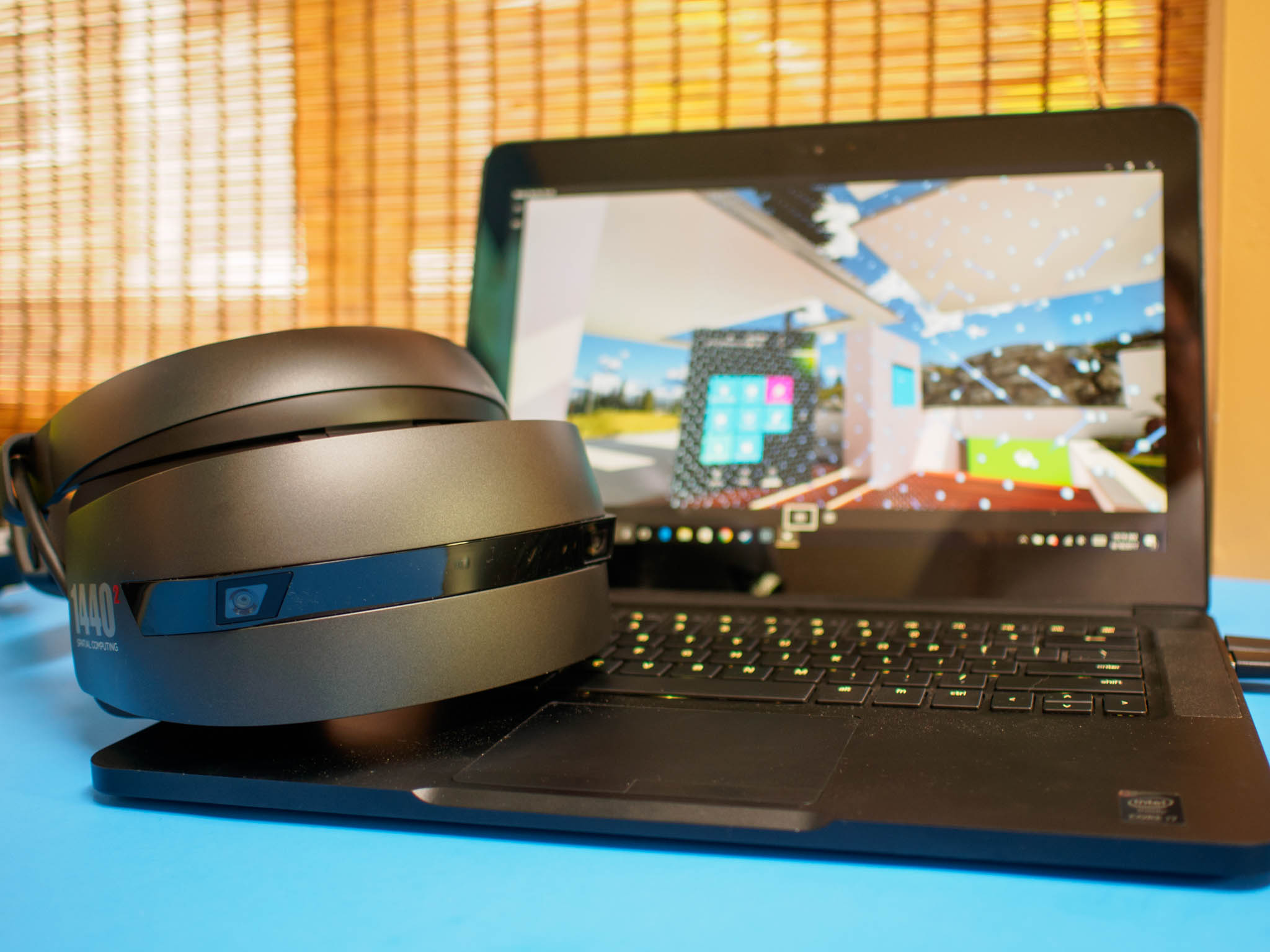
All the latest news, reviews, and guides for Windows and Xbox diehards.
You are now subscribed
Your newsletter sign-up was successful
Over the last couple of weeks, I've been toying with the new Mixed Reality headsets from HP and Acer. For context, both headsets are "developer editions," meaning they're not finalized hardware for consumers, nor is the underlying Windows Mixed Reality platform (even on Windows Insider builds) near finished.
Nonetheless, I have some impressions and thoughts about virtual reality (VR) and specifically Windows Mixed Reality that I want to share.
A reason to exist
Perhaps the toughest part about any innovative technology is seeing the immediate value for everyday life. Sometimes it's obvious (pedometers for counting steps), other times less so (trends in full-blown smartwatches or smart kitchen appliances).
Microsoft's Mixed Reality – which spans everything from HoloLens (more physical, less digital) to virtual reality (all digital, almost no physical) is one of those technologies that is in the very early stages of development. There are also the tethered (very powerful hardware) versus non-tethered (weaker hardware) experiences that vary significantly.
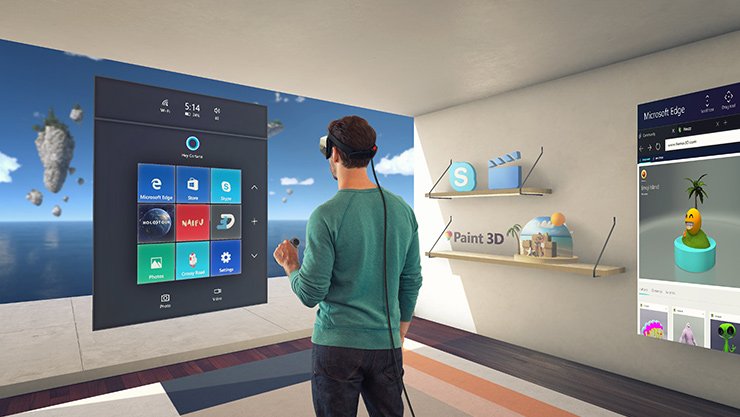
The goal, of course, is to make all such distinctions moot. Someday, you will have just a pair of glasses that switch between visible and occluded experiences but is still able to run serious software without being linked to a PC. We're far from that reality, but there is rapid progress being made.
Strapping on a head-mounted display (HMD) to do any task versus just looking at a 2D computer screen is not my favorite mode of interaction. The headsets are not heavy, but not light either, and it feels like a process to engage. Do I see myself waking up in the morning and putting on an HMD to start my day versus glancing at my smartphone? Definitely not. Yet, that is exactly what's needed for this field to take off.
The concepts behind Mixed Reality are ahead of where the hardware is today. That's not an insurmountable issue, and in fact, I expect aggressive investment and advancement in wearable display technology over the next decade.
All the latest news, reviews, and guides for Windows and Xbox diehards.
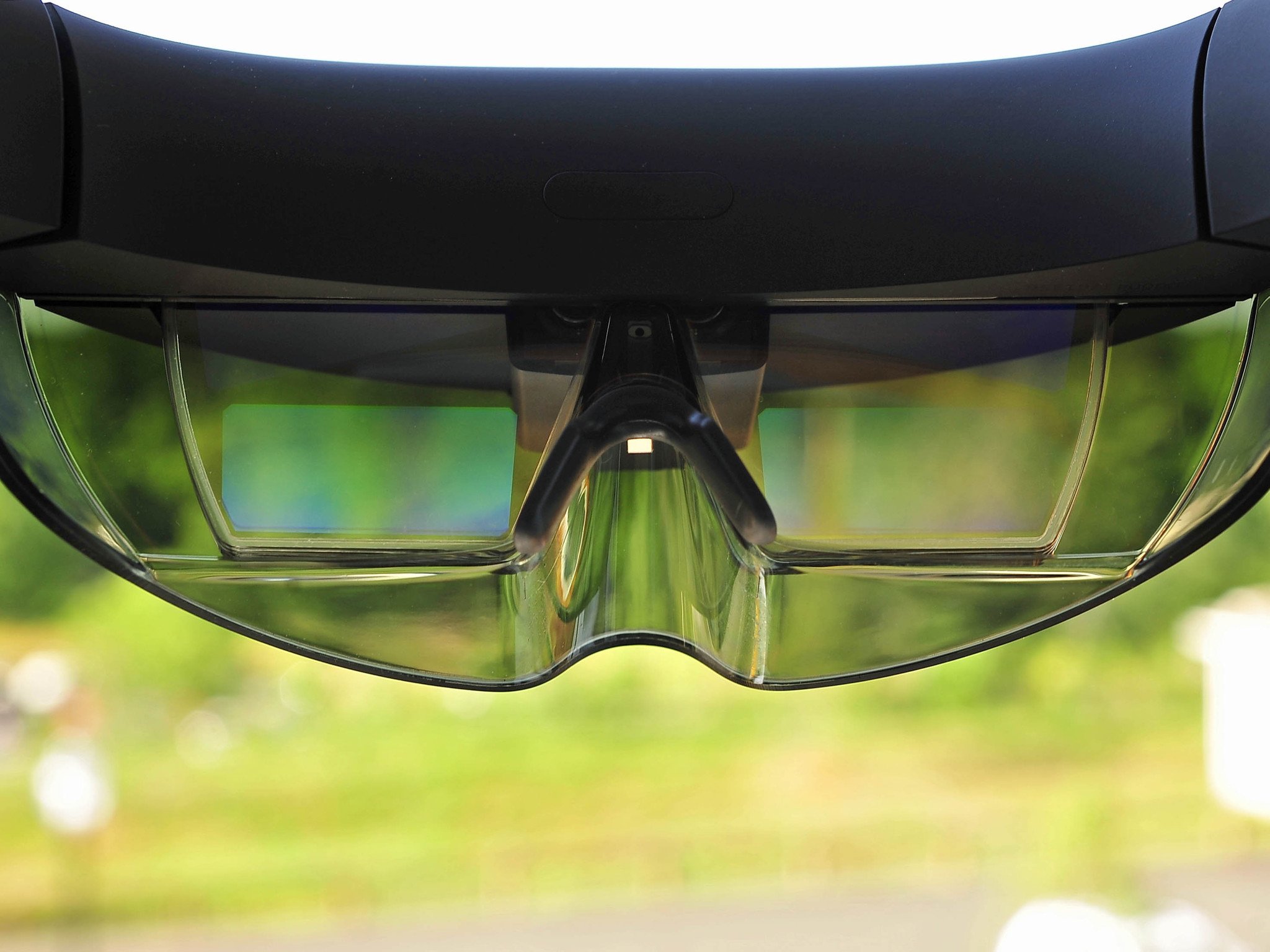
There's something to VR and mixed reality, we just don't know what it is yet or how it can improve our daily experiences. Sure, it's "cool," but it needs to be more than that. Harking back to 2006, smartphones had a ton of potential, but they did very little. Without things like GPS, 4G networks, all-day battery life, and good cameras, smartphones were just theoretically ground breaking. Most consumers did not see the value of checking email on the go.
I think the same needs to happen for Windows Mixed Reality. Microsoft needs to do something that is truly groundbreaking, useful, and convenient. We haven't seen that yet. Right now, playing with some Windows apps in a virtual space or playing some video games is not very disruptive.
From nowhere to somewhere
The biggest hurdle Microsoft will face this holiday season with Mixed Reality is purpose. Microsoft is rightly taking a hands-off approach, giving developers the hardware and software to go out and create the future of Windows Mixed Reality so that the platform natural evolves. The tough part will be the journey to get there.
Some of these pain-points will be alleviated by having big titles that merge the familiar with the new to ease people into it. Another will be the lower entry point for investment, with Windows Mixed Reality headsets being a few hundred dollars less than the popular HTC Vive or Oculus Rift – not to mention the much simpler setup (around 10 minutes for Mixed Reality).
But to be more than a novelty, at some point Windows Mixed Reality will have to get a killer experience. I don't think that will come from just having some VR-type games, but perhaps the idea of a virtual Windows 10 akin to the "Cliffs room" experience today could get us there.
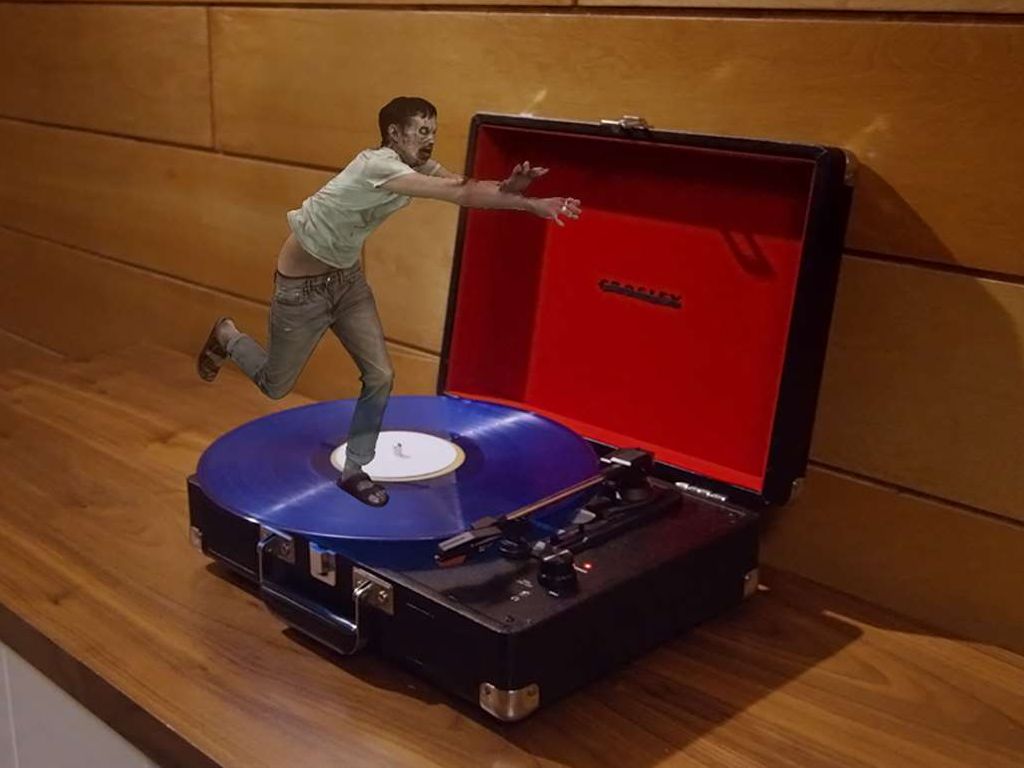
I think the other breakthrough that is desperately needed will be light, portable HMDs. Google Glass, despite all its flaws, had the basic concept down as to what a wearable computer should look like. The problem for Google was the creepy camera and recording feature, which should have never been there or – at the very least – buried in the feature list.
Putting the privacy issue aside, the idea of a HoloLens that is analogous to wearing sunglasses is very enticing. The idea of augmenting reality with the digital to feed information, identify objects, calculate distances, cloud and local-based artificial intelligence, the ability to instantly recall information, and more are compelling concepts. But it is going to take many iterations to achieve that experience.
I'm not sure how Microsoft plans to advertise, market, or position Windows Mixed Reality later this year, but it will be crucial. Perhaps the biggest blunder the company could make is overselling it. Luckily, so far, Microsoft seems to be doing the opposite with a very cautious approach.
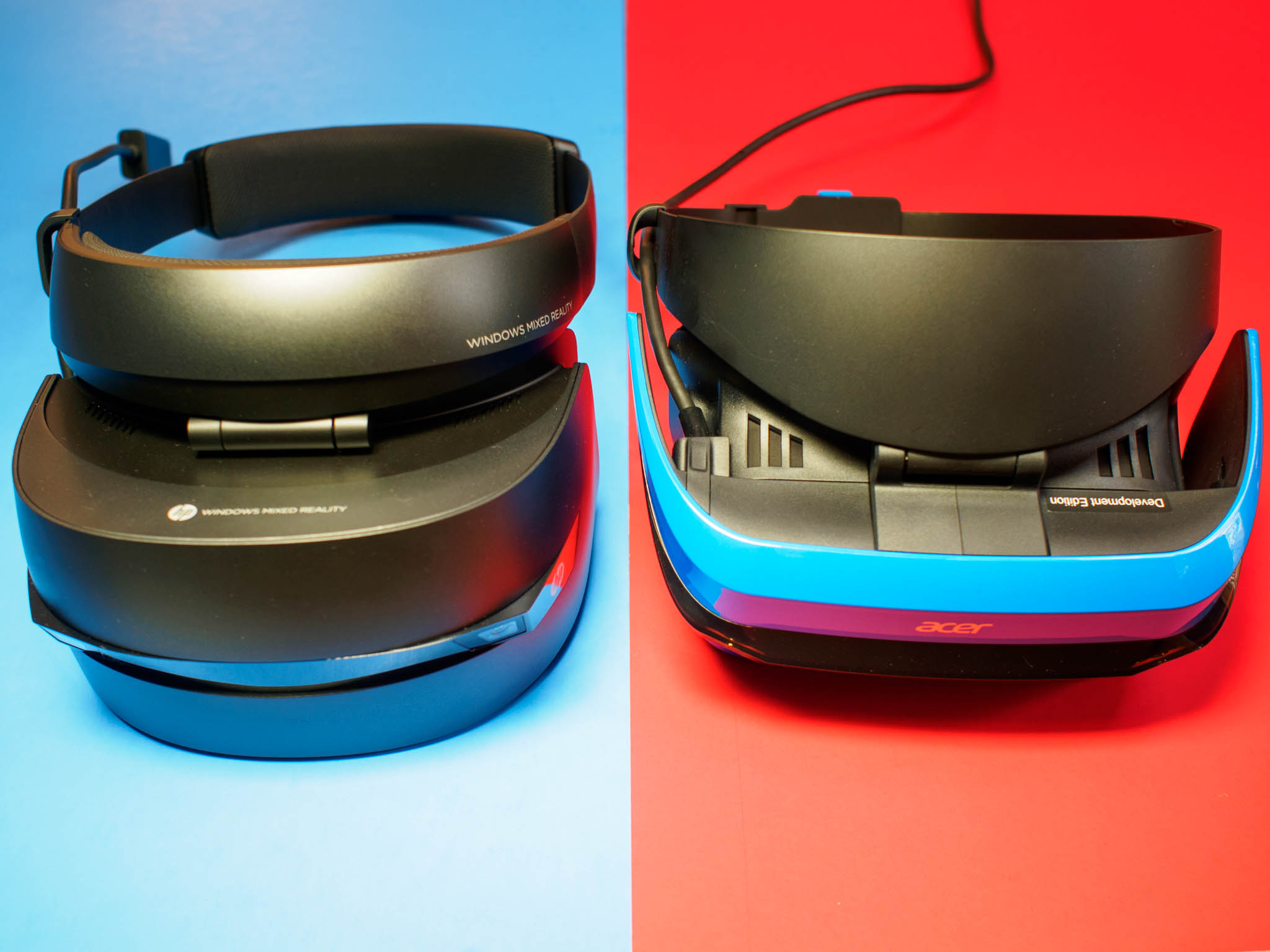
With a low price point, the ability to run all Universal Windows Apps (UWA), multiple manufacturing partners (including Dell, HP, Lenovo, and Asus) I think Microsoft has the right ingredients to make something happen with Mixed Reality. But it will need the right leadership and message to make it the next big thing.
What do you think will be the catalyst that takes mixed reality mainstream? What's the missing piece of the puzzle? Let us know in comments.

Daniel Rubino is the Editor-in-Chief of Windows Central. He is also the head reviewer, podcast co-host, and lead analyst. He has been covering Microsoft since 2007, when this site was called WMExperts (and later Windows Phone Central). His interests include Windows, laptops, next-gen computing, and wearable tech. He has reviewed laptops for over 10 years and is particularly fond of Qualcomm processors, new form factors, and thin-and-light PCs. Before all this tech stuff, he worked on a Ph.D. in linguistics studying brain and syntax, performed polysomnographs in NYC, and was a motion-picture operator for 17 years.
